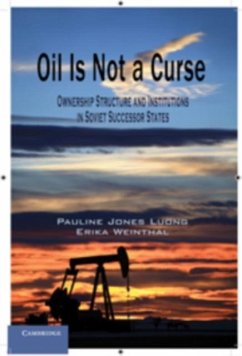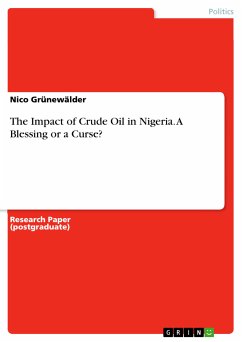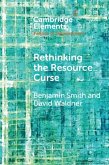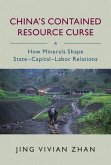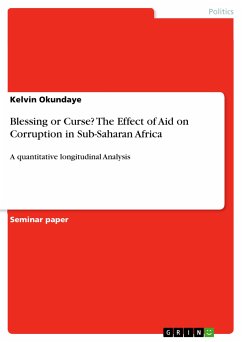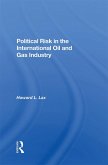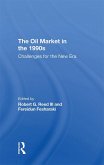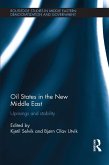This book makes two central claims: first, that mineral-rich states are cursed not by their wealth but, rather, by the ownership structure they choose to manage their mineral wealth and second, that weak institutions are not inevitable in mineral-rich states. Each represents a significant departure from the conventional resource curse literature, which has treated ownership structure as a constant across time and space and has presumed that mineral-rich countries are incapable of either building or sustaining strong institutions - particularly fiscal regimes. The experience of the five petroleum-rich Soviet successor states (Azerbaijan, Kazakhstan, the Russian Federation, Turkmenistan, and Uzbekistan) provides a clear challenge to both of these assumptions. Their respective developmental trajectories since independence demonstrate not only that ownership structure can vary even across countries that share the same institutional legacy but also that this variation helps to explain the divergence in their subsequent fiscal regimes.
Dieser Download kann aus rechtlichen Gründen nur mit Rechnungsadresse in A, B, BG, CY, CZ, D, DK, EW, E, FIN, F, GR, HR, H, IRL, I, LT, L, LR, M, NL, PL, P, R, S, SLO, SK ausgeliefert werden.

